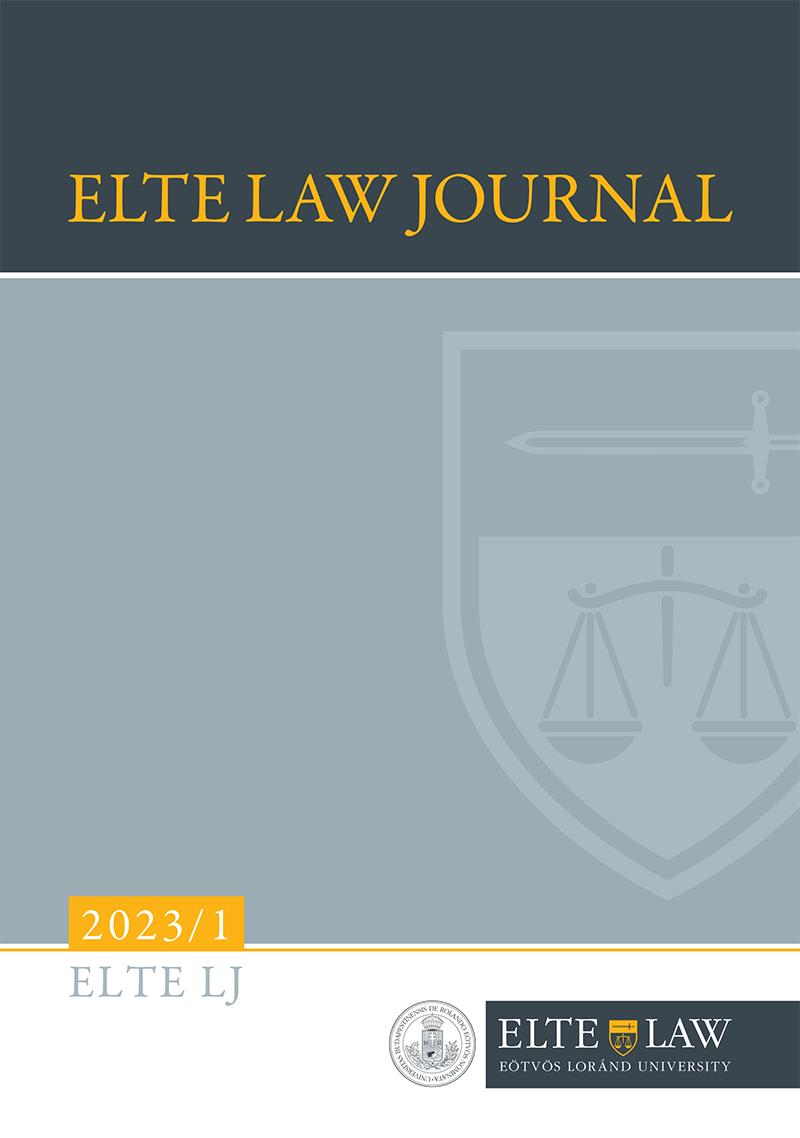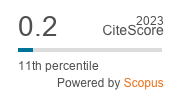EU Cities Fighting for Cleaner Air with Low- Emission Zones within the EU’s Single Market: Future Green Actors or ‘Victims’ of Procedural Constraints?
DOI:
https://doi.org/10.54148/ELTELJ.2023.1.41Keywords:
Court of Justice of the EU (CJEU), Dieselgate, low-emission zones (LEZ), Plaumann test, inadmissibility testAbstract
The 2015 Dieselgate scandal led to a substantial re-regulation of the EU’s emission limits for vehicles. Parallel to that, several member states, especially major European capitals, introduced further environmental measures against air pollution. Among them there were low-emission zones to guarantee cleaner air in formal terms, but they had no vehicle-type approval competences within the single market. In the appeal case before the Court of Justice of the EU, the General Court’s (GC) former judgment was set aside, the latter procedure was initiated by three EU capitals against the Commission’s specific waiver. The capitals raised their concerns that the Commission’s regulation effectively precluded their regulatory power to restrict the movement of certain highly polluting cars within their already created low-emission zones.
In contrast to the GC’s approach in dealing with lack of the Commission’s competence to issue such a waiver, the Court only referred to the non-fulfilment of the formal requirements by the capitals as plaintiffs, without dealing with the merits of the case. This formal approach goes back to the early days of European integration on restricting individuals’ standing rights, while merely focusing on the lack of cities’ type approval competences following the strict separation of EU policy areas. This article argues that there is a clear need to reconsider the Court’s formal approach by adapting to the new realities of European integration. These realities include the emerging relevance of EU-level protection of fundamental rights in a more sector-neutral way. Additionally, a substantial ‘green U-turn’ can be identified at national level, as the courts are allowing a broader way of enforcing the green rights in the recent years.



